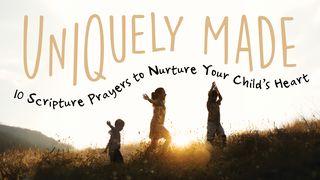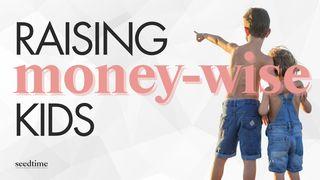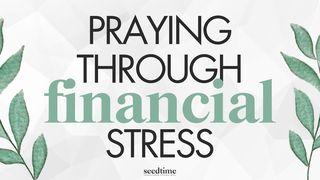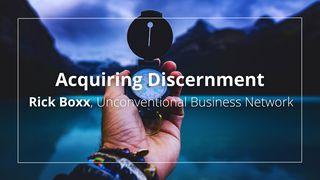Intentional LivingSample

John Maxwell often tells the story of hearing Zig Ziglar speak when John was a young man.
The famed speaker came to a city near Maxwell’s home at the time, and the seminar had a powerful effect on the young minister—all because one thing Ziglar said changed Maxwell’s view of leadership and life.
Ziglar told his audience, “You can have everything in life you want, if you will just help enough other people get what they want.”
At first blush, that statement might seem self-serving or manipulative, but Ziglar’s point was that a life of genuine service produces genuine returns.
Or, as John puts it, when you sow seeds of kindness into other people, you reap a harvest of kindness for yourself.
Being kind to others is something we all learn in grade school, but the concept of kindness is often misunderstood. When many people say kind, what they really mean is nice—a polite front meant to avoid conflict or hurt feelings. But being nice isn’t the same as being kind.
Kindness is a biblical virtue; the Apostle Paul writes to the church in Colossians to “clothe yourselves with compassion, kindness, humility, gentleness, and patience.”
From Paul’s perspective, kindness was a sign of a life changed by God—a life that could understand and appreciate differences among people without succumbing to the pressures of conformity.
People who are intentionally kind to others understand and appreciate differences as a way of finding common ground, because common ground allows them to connect with other people through shared experiences or values.
Making kindness a daily priority is a great way to lay the foundation for any relationship. If you’ll sow kindness into the lives of others, you’ll reap a harvest of kindness in your own life—and that’s a win for everyone.
Where can you show kindness today?
What can you do to seek common ground with the people around you?
Scripture
About this Plan

What does it take to live a life that matters? Dr. John C. Maxwell helps answer that question with this 7-Day reading plan designed to help you discover key areas where you can lead your life instead of merely experience it.
More
Related plans

Encountering Jesus at Christmas

Uniquely Made: 10 Scripture Prayers to Nurture Your Child’s Heart

Every Place

Protect Your Peace

Raising Money-Wise Kids: A Parent's Guide to Biblical Money Values

The Power of Christian Friendship: Discovering Shared Values Before Committing to Romance

Praying Through Financial Stress

Holy Spirit - Breath of God

Acquiring Discernment
